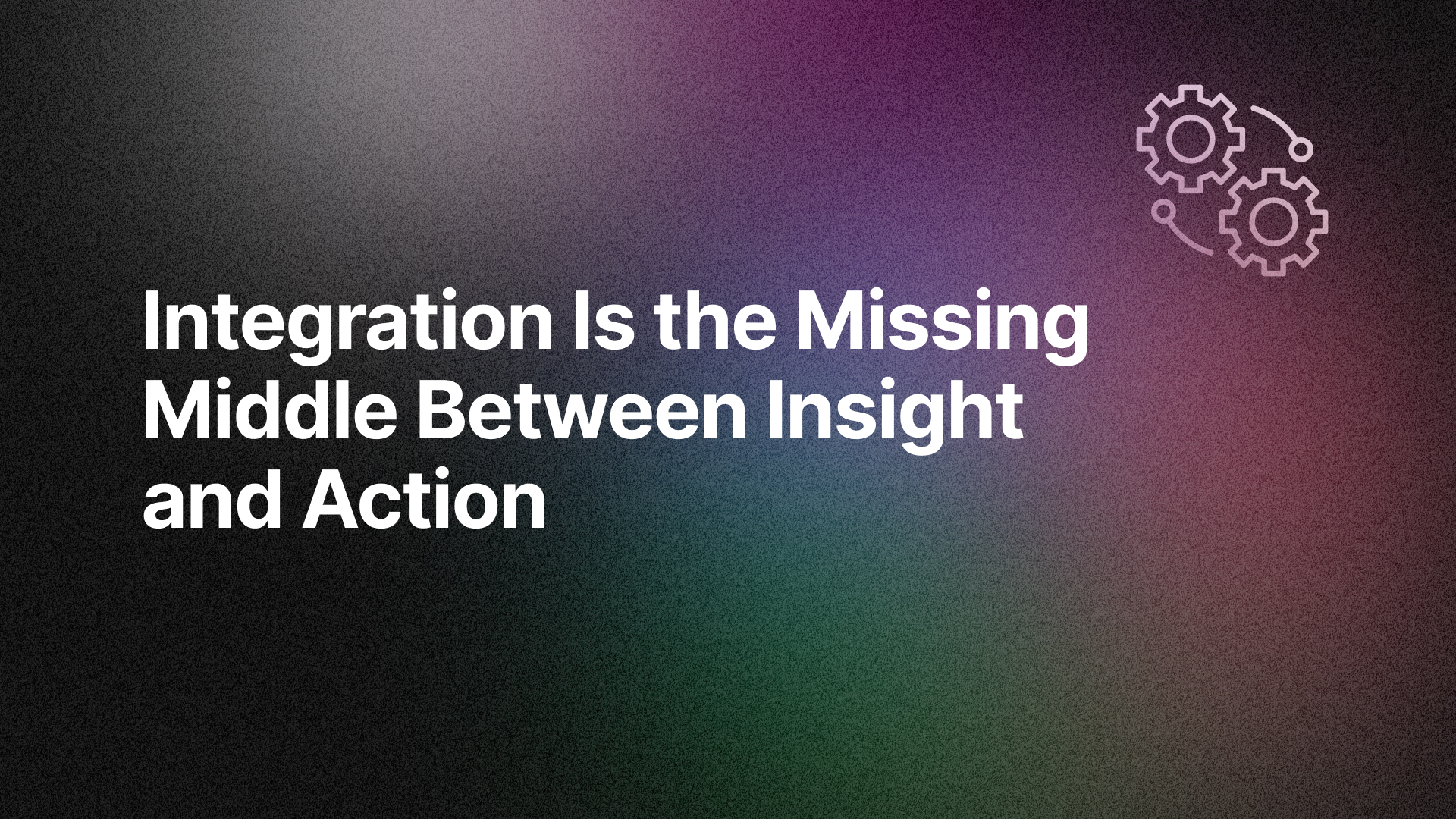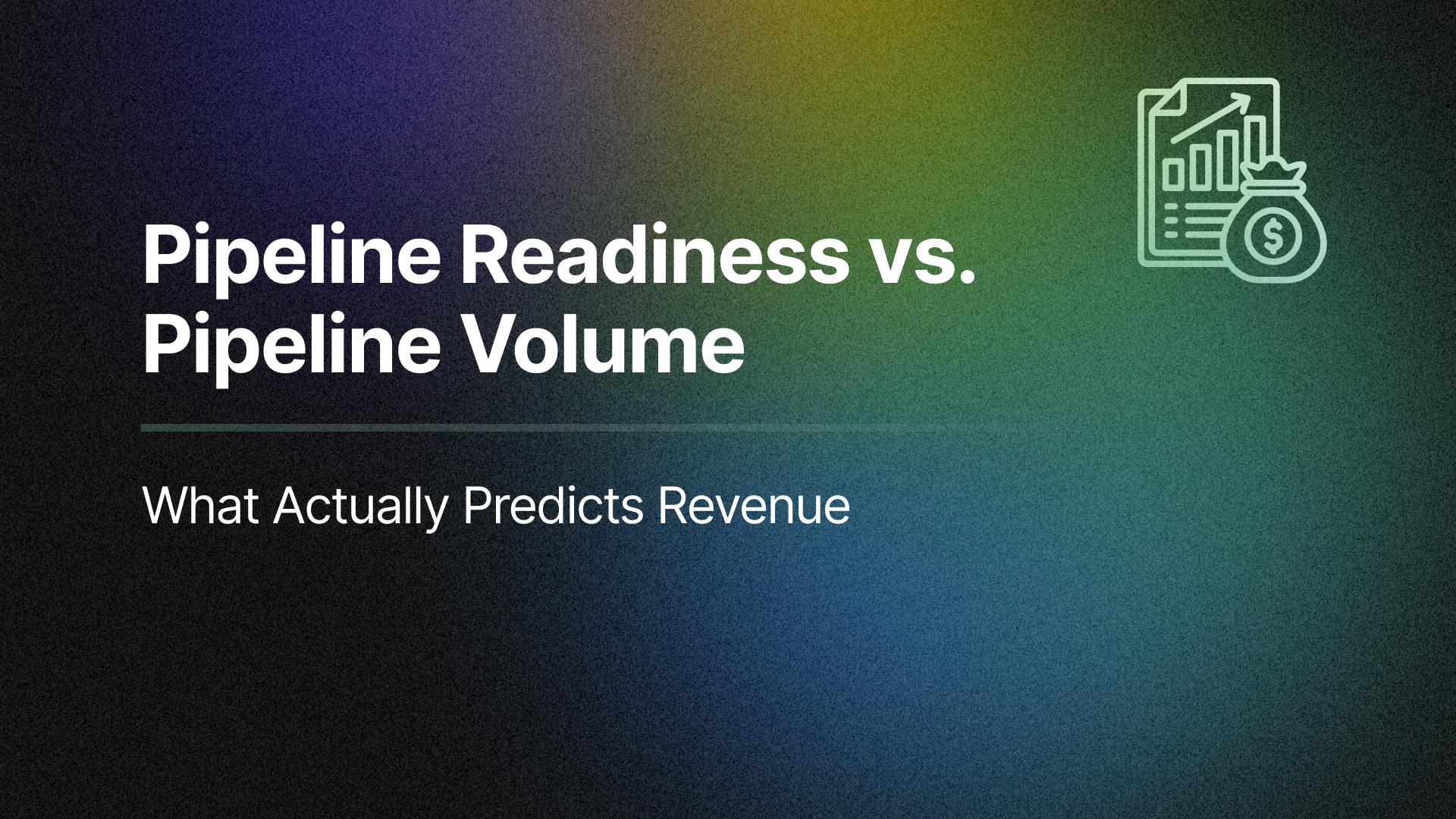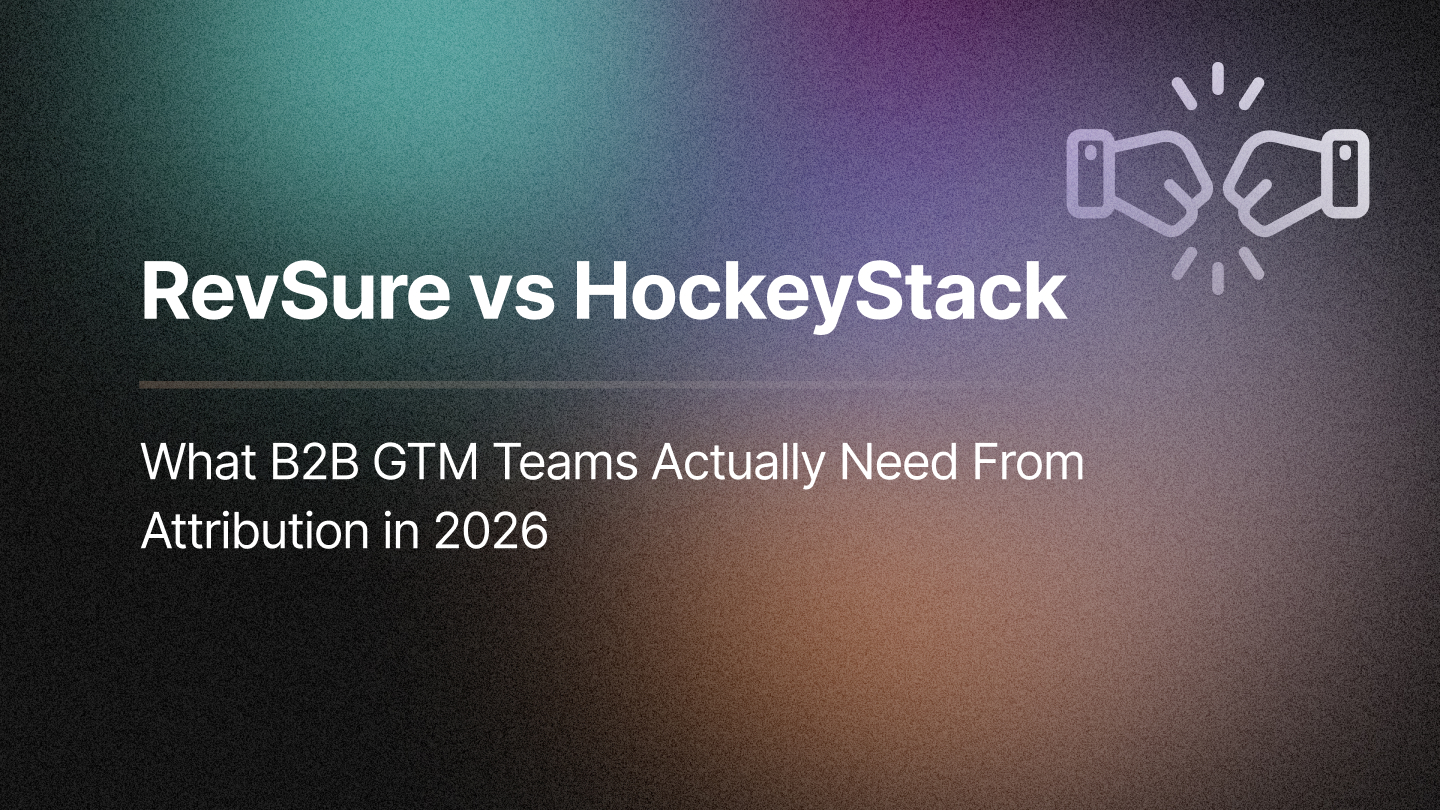For all the talk about “marketing and sales alignment,” most organizations are still struggling to make it real. Despite shared dashboards, SLAs, and weekly syncs, the symptoms persist:
- Marketing passes leads that sales doesn’t follow up on.
- Sales works opportunities that marketing can’t attribute.
- Forecasts don’t align with pipeline reality.
And everyone’s left pointing fingers when the quarter comes up short.
The truth? The disconnect isn’t just cultural but also operational. Most efforts to align” marketing and sales are reactive, fragmented, and human-dependent.
But what if the solution wasn’t more meetings or better handoffs but a smarter scalable system that could act on behalf of both teams? This is where Agentic AI comes in and why it might be the missing link revenue teams have been looking for.
The Coordination Problem: Where Alignment Breaks Down
Marketing and sales do want to work together because both departments impact the customer lifecycle which leads to pipeline and revenue. However, aligning two functions with different goals, timelines, and tools is complex.
Marketing is focused on reach, engagement, and lead generation. Sales is focused on pipeline, velocity, and quota. Even with shared tools like CRMs and attribution models, the moment a lead hits the funnel, the game changes:
- Sales doesn’t always trust the leads.
- Marketing doesn’t always see what happens to the leads.
- Operations struggles to bridge the data gap.
And while intent data, scoring models, and dashboards have helped, they’re not truly proactive. They describe what’s happening, but they don’t take action.
Enter Agentic AI: A Revenue Team That Thinks and Acts
Most AI tools in go-to-market systems today are narrow. They analyze. They suggest. But they don’t act.
Agentic AI is different. It’s not just predictive but proactive. It doesn’t just generate insights; it autonomously takes steps to move deals forward, escalate risk, or optimize engagement based on dynamic context.
Think of it as a revenue team member who:
- Knows when a deal is stalling and nudges marketing to re-engage the account.
- Sees a qualified lead getting overlooked and routes it directly to the right rep.
- Notices a campaign is generating clicks but not progression and pauses spend while recommending optimizations.
- Understands who’s involved in a deal, what their buying signals are, and which action increases conversion likelihood.
It bridges the operational gap not by adding process but by adding intelligent, autonomous coordination for the next best action.
How Agentic AI Enables Real Marketing and Sales Alignment
Here’s where Agentic AI changes the game:
1. Intelligent Routing and Prioritization
Instead of waiting for humans to route MQLs or update lead statuses, Agentic AI evaluates context in real-time. It can determine lead quality, intent signals, and deal fit and route accordingly, even flagging key accounts for executive visibility. No more "Why wasn’t this lead followed up?" conversations. The AI followed up.
2. Adaptive Engagement Across the Funnel
Agentic AI doesn’t stop at lead handoff because it works across the funnel. It can coordinate touchpoints, send tailored content, alert sales when engagement drops, and trigger marketing nurture when deals cool.
Alignment isn’t just about handoff but about sustained, contextual collaboration. Agentic AI makes that happen at scale.
3. Proactive Campaign Optimization
Marketing spends weeks launching a campaign and then waits for results. Agentic AI monitors campaign impact in real-time and suggests adjustments (or makes them). That means fewer wasted dollars, more alignment with what sales need now, and more time for marketing to focus on revenue-generating activities.
4. Unified Insights That Drive Action
Rather than waiting for RevOps to clean and interpret data, Agentic AI connects the dots in real-time:
- “This segment has slowed down.”
- “These campaigns are feeding high-velocity deals.”
- “This lead hasn’t been touched in 5 days, and here’s the next best action.”
It eliminates the lag time between insight and impact.
Agentic AI is Empowering Marketers and Sellers
The goal isn’t to remove the human element but to amplify it.
With Agentic AI handling the orchestration layer, marketers can focus on strategy, creativity, and brand. Sellers can focus on building trust, guiding deals, and closing revenue. Operations can focus on optimizing systems rather than chasing data gaps.
And together, the teams can align because the systems themselves are aligned.
The Future of Alignment Is Autonomous
Marketing and sales alignment isn’t a slide in a QBR deck. It’s not a set of SLAs. It’s a living, dynamic system that adjusts in real-time. Agentic AI gives go-to-market teams a way to move faster, stay in sync, and focus on what matters most: creating revenue outcomes together. The companies that embrace it won’t just align but they’ll outperform.
Related Blogs








